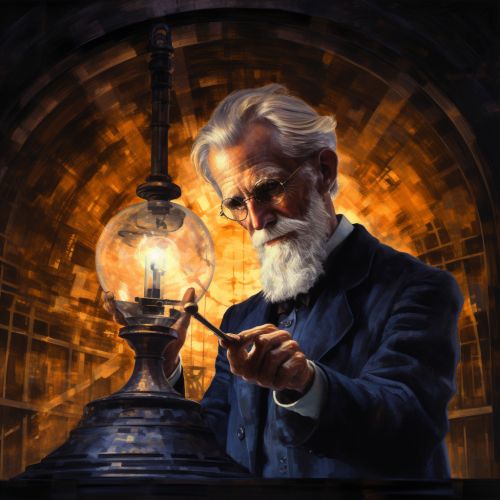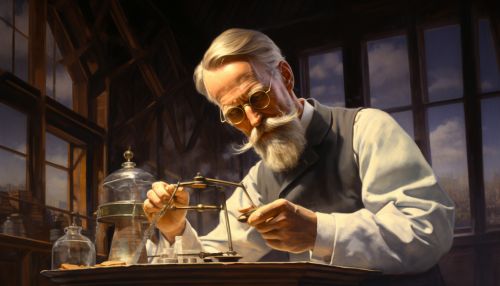Sir William Crookes
Early Life and Education
Sir William Crookes was born on June 17, 1832, in London, England. He was the eldest of 16 children in his family. His father, Joseph Crookes, was a tailor, and his mother, Mary Scott Lewis, was a housewife. Despite his humble beginnings, Crookes showed an early interest in chemistry and physics.

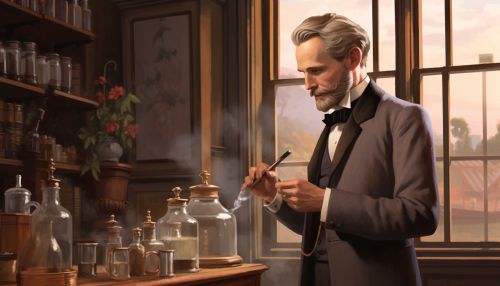
Crookes received his early education at the Royal College of Chemistry in London, where he studied under the tutelage of renowned chemist August Wilhelm Hofmann. His interest in chemistry and physics was further piqued during his time at the college, leading him to pursue a career in these fields.
Career and Contributions
After completing his education, Crookes worked as a superintendent at the Radcliffe Observatory in Oxford. He then moved on to the Chester Diocesan Training College as a lecturer in chemistry and physics.
In 1855, Crookes founded the Chemical News, a weekly journal dedicated to the latest developments in the field of chemistry. He served as the editor of this publication for many years, contributing significantly to the dissemination of scientific knowledge.
Crookes is perhaps best known for his discovery of the element thallium in 1861. He discovered this element while conducting spectroscopic studies, a method that involves the study of the interaction between matter and electromagnetic radiation.
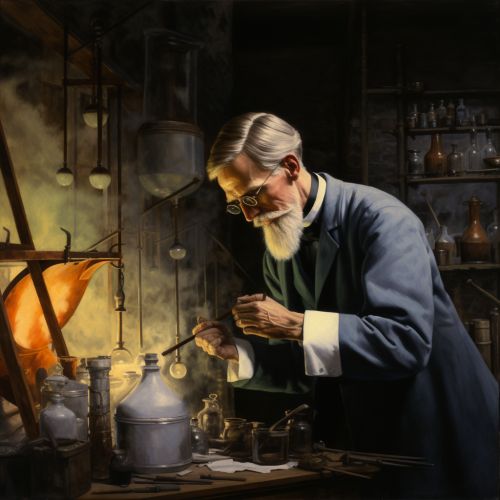
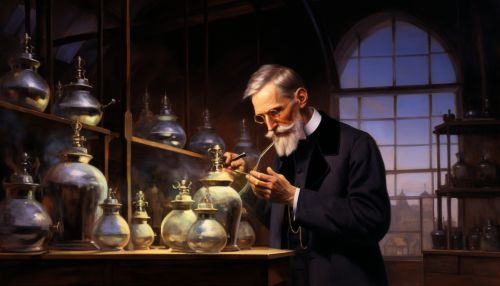
In addition to his discovery of thallium, Crookes made significant contributions to the development of vacuum tubes. He invented the Crookes tube, a type of vacuum tube that was later used in the development of X-ray machines and television sets.
Crookes also conducted extensive research on cathode rays, leading to the development of the cathode ray tube, a key component in many electronic devices such as televisions and computer monitors.
Later Life and Legacy
In his later years, Crookes served as the president of the Royal Society, one of the oldest and most prestigious scientific societies in the world. He also received numerous awards and honours for his contributions to science, including the Royal Medal and the Davy Medal.
Crookes passed away on April 4, 1919, in London, England. His contributions to the fields of chemistry and physics continue to be recognized and appreciated to this day.
